28 Black Films for the 28 Days of Black History Month
This one's for you! The second annual edition.
Black Film Archive is a living register of Black cinema from 1915 to 1979. This Substack is its blog. Thank you for reading and supporting! This post may be too long for email, you can view it in its entirety by clicking the headline.
When I was in middle school in Louisiana, my teacher, a white woman, introduced Black History Month to the class by having us 'reenact' slavery. Black students were told to climb under their desks while white students roamed around the classroom as "overlookers." I reflect on this moment often. For this teacher, it was the only opportunity she would allow space to take the violence and oppression of Black people seriously. It was also the moment I learned the art of Black refusal. I refused the idea that Blackness could be defined by only the violence committed against us… I began to understand that life had to be more than the narrow lens non-Black people saw us in.
The same can be said about my relationship with Black cinema. In building the second edition of 28 films for 28 days of Black History Month (the first predates Black Film Archive and is here) I thought a lot about Black refusal in film. When I watch a movie, I often ponder the space where the script (or Hollywood idea of what the film is) ends, and Black stars and directors use their instincts to bring subtle (and non-subtle) gestures and life to a world that would not have it otherwise. The films selected here are constructing worlds that embody pain, joy, love, and laughter to bring the fullness of Black life to us all.
Black History Month is a serious business to me. However you choose to celebrate this season, I hope it brings you peace, joy, and an abundance of great cinema. This guide contains 28 selections from Black Film Archive. Consider this is a place to start, find yourself in, retreat to, and rediscover gems. You can find the complete list and descriptions on Black Film Archive here. Please enjoy.
Black Theatre: The Making of a Movement (1978)
The Black Arts Movement began when Amiri Baraka established the Black Arts Repertory Theatre in Harlem to form a solid Black aesthetic that would awaken a new Black consciousness. With the days leading Black intellectuals, this documentary recalls the impact of that hallowed ground and one of a kind movement.
The Blood of Jesus (1941)
The second directorial effort from the legendary Spencer Williams is one I'm often returning to. This surreal religious fable forces a man to go on a symbolic journey between heaven and hell after shooting his wife.
The Harder They Come (1972)
The film has everything you need: A rags to riches story, an unforgettable soundtrack, and high stakes.
The World, the Flesh and the Devil (1959)
Picture this: You're a Black man (Harry Belafonte) in a post-apocalyptical New York City, and there's seemingly no one else around until you come across two white people who insist on reinforcing the racial and sexual codes of the world that came before.
Sounder (1972)
When the patriarch is unfairly put in jail, Rebecca (Cicely Tyson in an Oscar-nominated role) is forced to find means of survival for her family. This film profoundly concerns itself with what love means before, during, and after a crisis.
Welfare (1975)
"Welfare" manages the impossible task of being both touching and deeply informative as it takes a 3-hour journey into the bureaucracy of welfare and who the system leaves behind.
Sepia Cinderella (1941)
Of the 1940s race movie musicals, the quick-moving and charming "Sepia Cinderella" is the one I find myself returning to the most.
Finally Got the News! (1970)
This documentary is a forceful display of the critical role Black workers play in traditional systems and helps us all imagine more radical ones.
Diary of an African Nun (1977)
This short film directed by Julie Dash —about a nun consumed with doubt over her decision to take solemn vows— is simply poetry in motion.
Jammin the Blues (1944)
This soulful, energy-filled short of an impromptu Jazz session between Jazz greats demands your full attention.
Killing Time (1979)
I simply cannot say enough about this funny, radically honest, dark comedy short. When the protagonist cannot find the proper outfit to die in, she starts ruminating about the complexities of life that have gotten her down.
Nothing But A Man (1969)
This profoundly heartfelt and tender film is perhaps the most urgent watch on the list. Very few films are concerned with love and the act of loving like this film is.
Rain (Nyesha) (1978)
This lyrical film uses narration to meditate on rainy days, and the possibilities that come after the storm set to the tunes of John Coltrane's "After the Rain."
Commandment Keeper Church, Beaufort South Carolina, May 1940
One thing I will always do is praise the beauty of Zora Neale Hurston's ethnographic filmmaking. Learn more about her filmmaking here.
Sparkle (1976)
No matter how many times I've seen "Sparkle," I continue to be in awe of the film: A soulful rags to riches tale about a girl group that touches on every facet of fame for Black women anchored by legendary performances.
Native Son (1951)
Based on Richard Wright's bestselling book of the same, this film-noir has the author filling the shoes of his legendary character Bigger Thomas.
Soul to Soul (1971)
This remarkable document of the early 70s soul era brings some of the days' top performers to Ghana for the 17th anniversary of the country's independence.
Take A Giant Step (1959)
This coming-of-age drama tackles issues of Black masculinity, racism, family tension, and budding sexuality the care they deserve.
Killer of Sheep (1978)
Charles Burnett's masterwork is an extraordinary display of the poetic tenderness, temptation, and daily terror life can bring Black people.
The Black Network (1939)
This charming musical short crams a wealth of entertainment in just twenty minutes. See Nina Mae McKinney, The Nicholas Brothers, and "Babe" Wallace with a jolt of fresh energy that only comes from the delight of being at the beginning of your career.
Black Roots (1970)
In this intimate documentary, black artists gather to speak openly about their shared experience of being Black in America.
Five on the Blackhand Side (1973)
"Five on the Backhand Side" features a family in revolt after the patriarch's chauvinism tears them apart in this self-described "anti-Blaxploitation" film.
Two-Gun Man from Harlem (1938)
Herb Jeffries made a career from being a Black singing cowboy in films. Here, he stars in this feature doing what he does best.
The Final Comedown (1972)
Armed Black revolutionaries confront cops to end police violence in a powerful counterculture picture inspired by the Black Panthers.
King of the Hill (1974)
Ferguson Jenkins is considered to be one of the greatest baseball players of all time. This documentary is an intimate look at the highs and lows of his record-breaking 1972-1973 season.
A Black Sherlock Holmes (1918)
When you look past the swirls of the film's nitrate decomposition, you discover a silent film featuring a detective and his sidekick emerging to do all they can to save a young woman from danger.
Buck and the Preacher (1973)
Sidney Poitier stars and marks his directorial debut with this western wonder. Buck (Poitier) and his wife (Ruby Dee) guide a wagon train of newly freed slaves moving to claim homesteads in the west. Harry Belafonte also stars.
Scott Joplin (1977)
Starring Billy Dee Williams, this film tells the extraordinary true story of the great Ragtime composer Scott Joplin and the over 100 original compositions of music he created before his death in 1917.




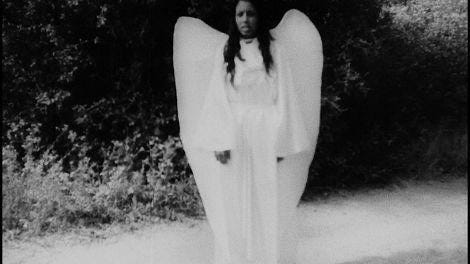






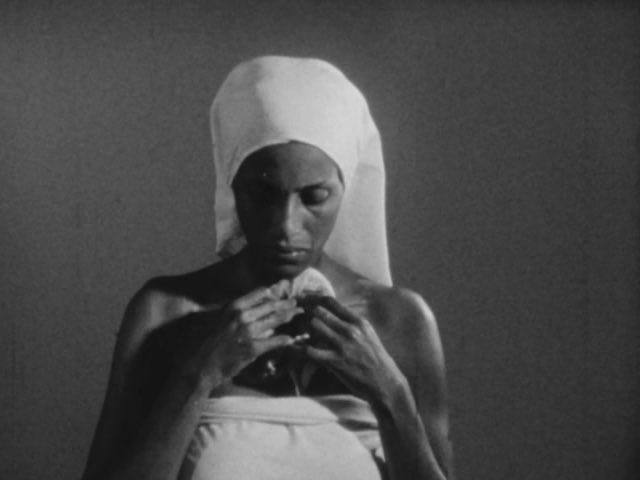


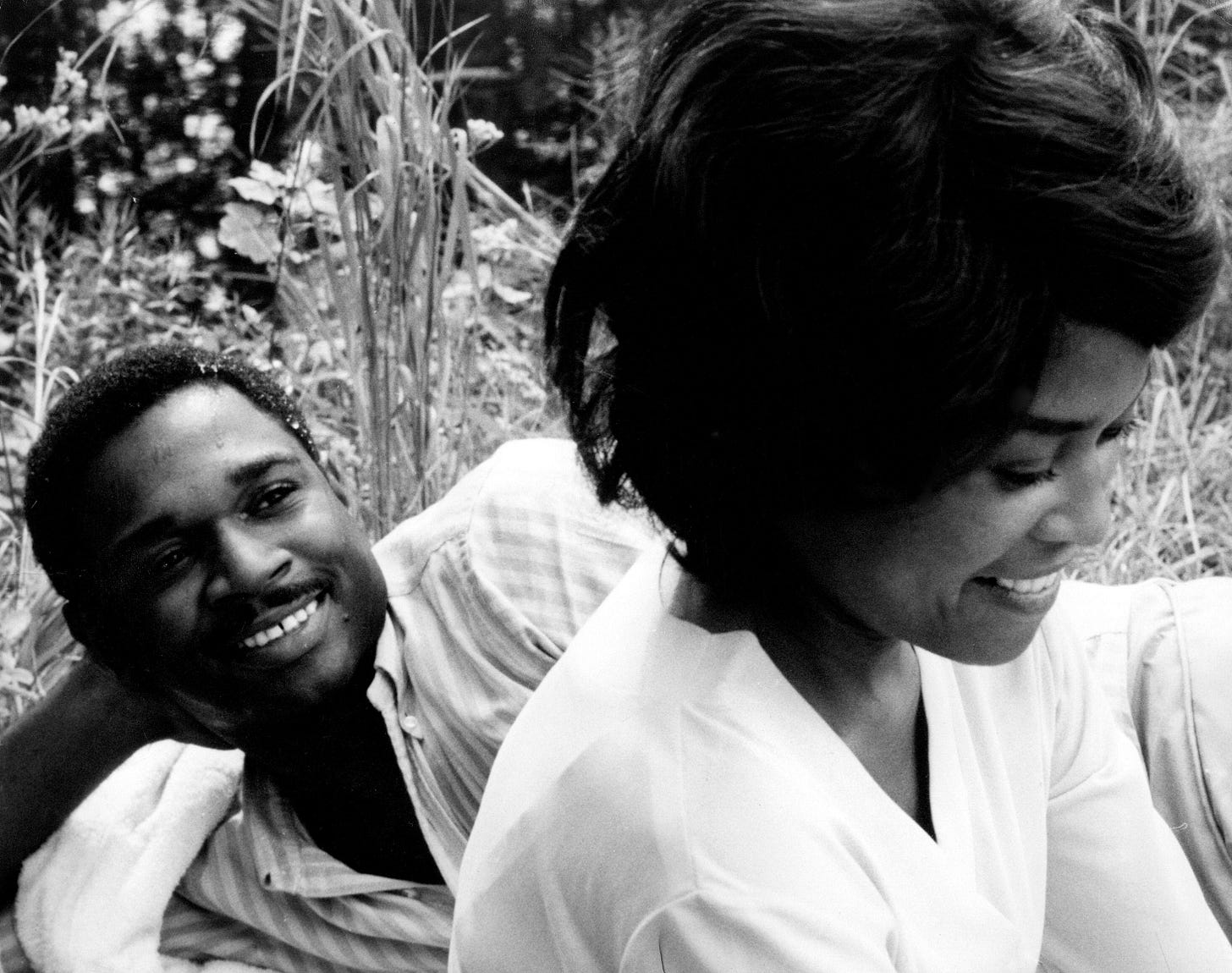
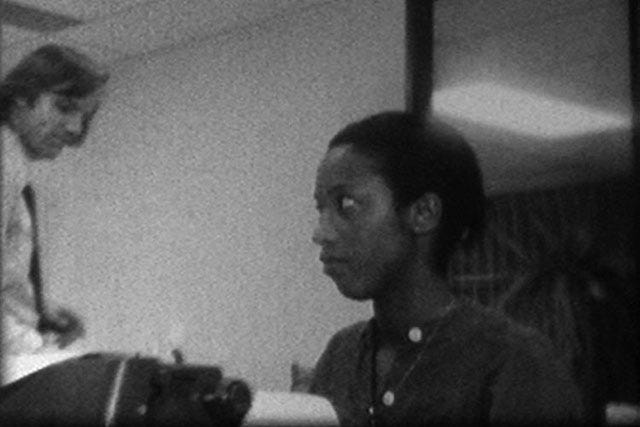

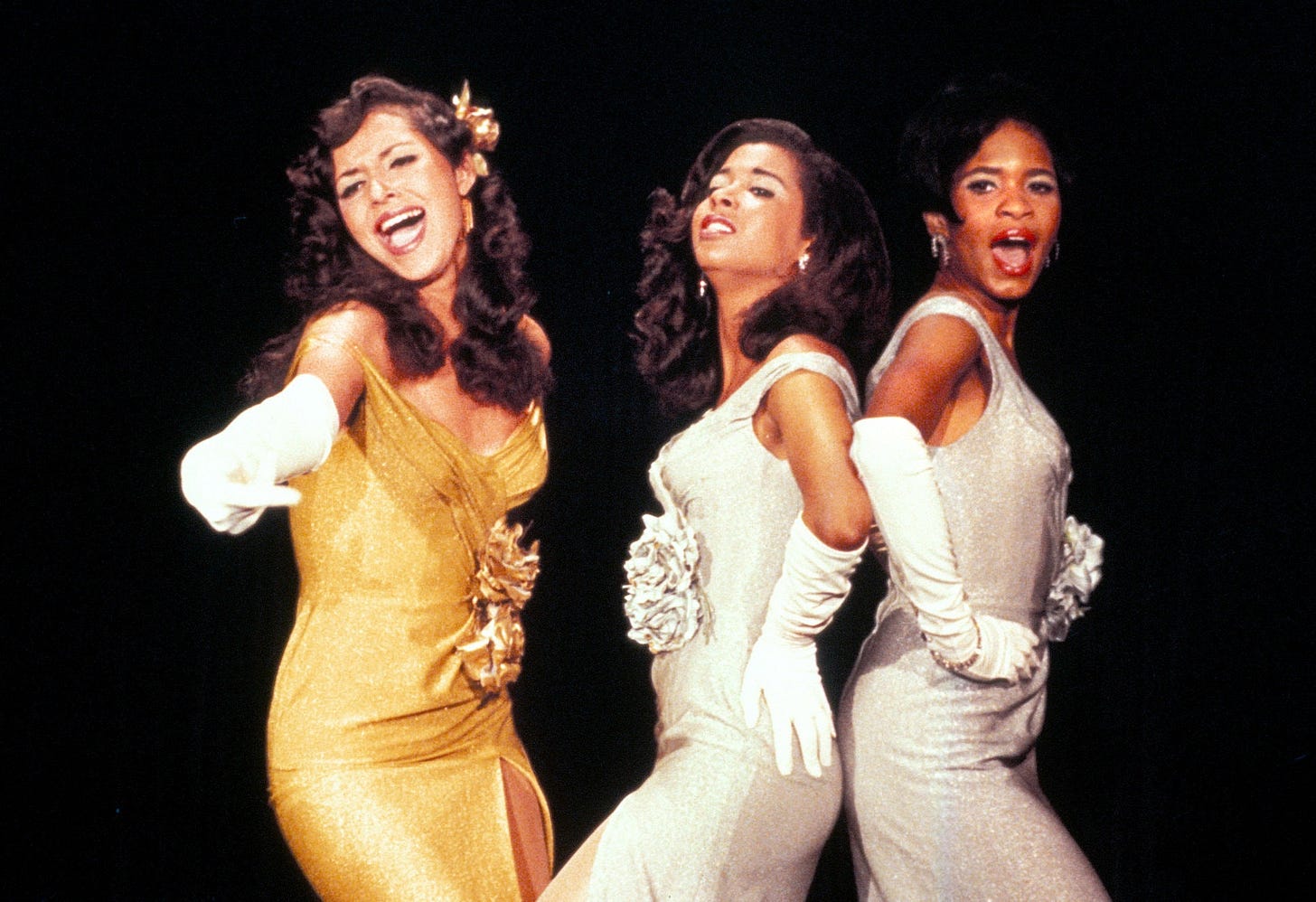


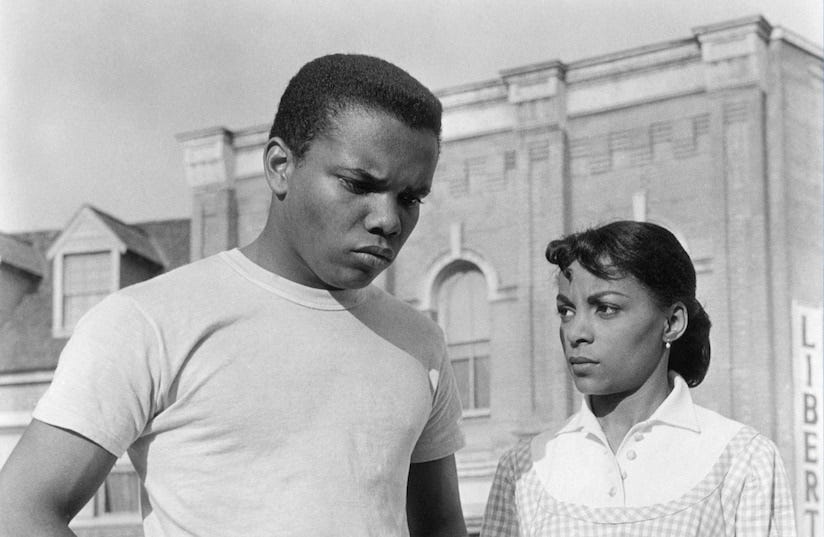
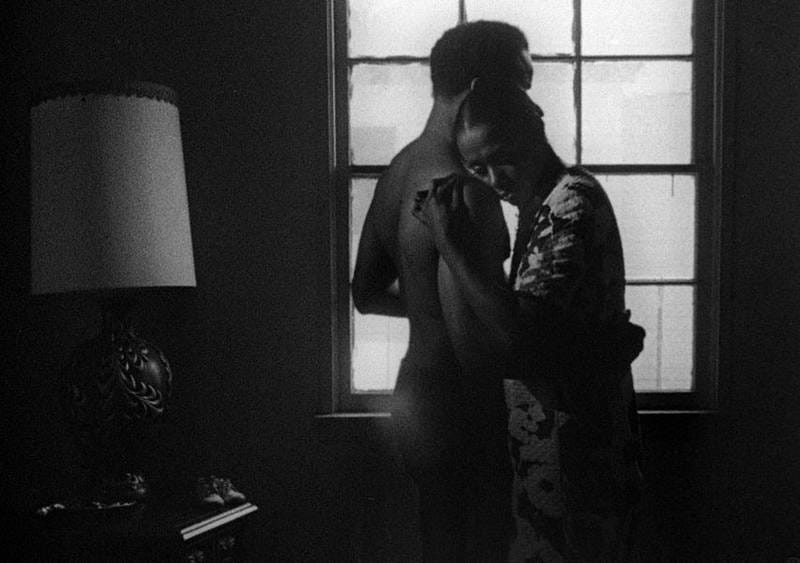









Lots of titles to dig into this month. Thank you.
Expected excellence. Your recommendations are brilliant.